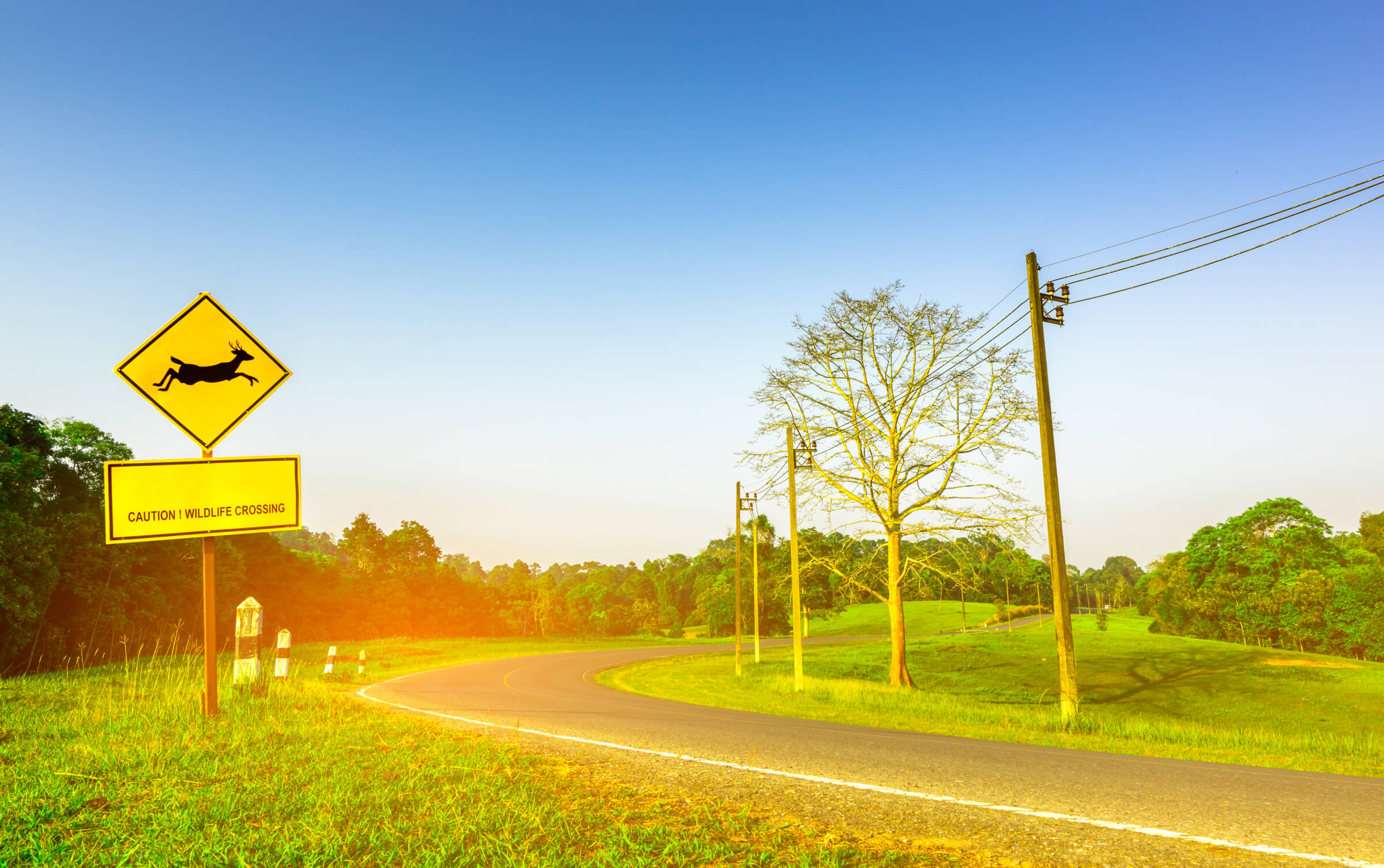
Why Rural Drivers Sometimes Pay More Than City Drivers

by Erin Anderson
It might seem backward, but rural drivers — with their open roads and quieter commutes — don't always pay less for car insurance than their city-dwelling counterparts. In fact, depending on where you live and how you drive, living in a rural area could actually mean higher premiums.
So what gives? Even though rural areas often have fewer accidents and less traffic, insurance rates are calculated using a lot of factors — and some of them work against rural drivers.
Here's why your ZIP code might not be helping your rate as much as you'd expect.
You Probably Drive More — and Farther
If you live in a rural area, you likely drive more miles overall — longer trips to work, to the store, or even just to run errands. More time on the road means more opportunity for something to go wrong, and insurance companies take that into account.
Even if you're driving safely, your higher mileage can still bump up your risk profile — and your premium.
Wildlife Collisions Are More Common
City drivers might deal with traffic jams, but rural drivers have a different hazard: animals. Deer, raccoons, and even livestock are much more common in less populated areas, and they cause thousands of collisions every year.
Comprehensive coverage — the part of your policy that helps if you hit an animal — may be more expensive in areas where these accidents are frequent.
Emergency Response and Repairs Can Cost More
If something does go wrong, help might not be around the corner. In rural areas, longer emergency response times and fewer repair shops can lead to higher claim costs for insurers.
Towing distances are often longer, and specialized repairs might require transporting your vehicle to another town or city — all of which adds up.
Fewer Insurers Means Less Competition
In some rural regions, there just aren't as many insurance companies competing for your business. Less competition often leads to higher base rates, even if you have a clean driving record.
On top of that, you may have fewer local agents or limited access to discounts that city drivers can easily shop for.
But There Are Still Some Silver Linings
Rural drivers are often less likely to deal with theft, vandalism, or high-speed crashes — and those things do help keep your rates in check.
Plus, some insurers offer mileage-based or usage-based policies that reward you for safe driving, even if you rack up more miles than the average city driver.
The Bottom Line
If you're living in a rural area and wondering why your insurance feels more expensive than expected, you're not imagining it. Longer commutes, animal risks, and limited insurer competition can all drive up your premium — even if traffic is a non-issue.
And while you can't control your ZIP code, this is a smart time to shop around. Comparing quotes might uncover better coverage for your location — and help you take advantage of rural-specific discounts or safer-driver rewards.